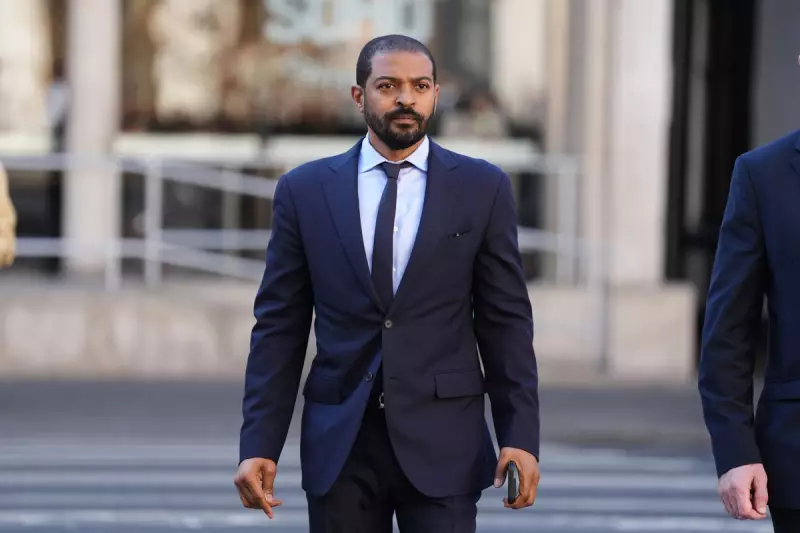
British actor and producer Noel Clarke has launched a formidable High Court legal battle against The Guardian newspaper and the British Academy of Film and Television Arts (BAFTA), marking a significant escalation in the long-running controversy surrounding sexual misconduct allegations.
The legal claim, filed at the Royal Courts of Justice, centres on defamation and data protection issues. Clarke is contesting the publication of claims made by numerous women, which he has consistently and vehemently denied since they first emerged in 2021.
The Core of the Legal Challenge
Clarke's lawsuit against The Guardian alleges that the newspaper's reporting was defamatory and caused severe damage to his personal and professional reputation. In a parallel but separate action, he is also pursuing a case against BAFTA. The academy had suspended his membership and revoked a prestigious award following the initial reports.
This dual-pronged legal offensive represents a rare and high-stakes challenge to the institutions that amplified the allegations. It will likely scrutinise the journalistic processes behind the investigation and the protocols BAFTA follows when responding to such claims.
A Career in the Balance
Before the allegations were published, Clarke was a celebrated figure in the UK film industry, best known for his roles in the 'Kidulthood' film series and the BBC drama 'Doctor Who'. The fallout from the reports led to him being dropped by his management company and sidelined from major projects, effectively halting a thriving career.
The High Court case is poised to be a lengthy and meticulously watched proceeding, with potential ramifications for how media organisations report on allegations and how cultural institutions handle complaints against high-profile members.
Wider Implications for the #MeToo Movement
This case is set to become a landmark legal test in the UK's #MeToo era. It directly confronts the tension between the public interest in exposing potential misconduct and the right of an individual to protect their reputation against what they claim are false allegations.
The outcome could set important precedents for future cases involving allegations of sexual misconduct and the responsibilities of both the media and awarding bodies in their response.





